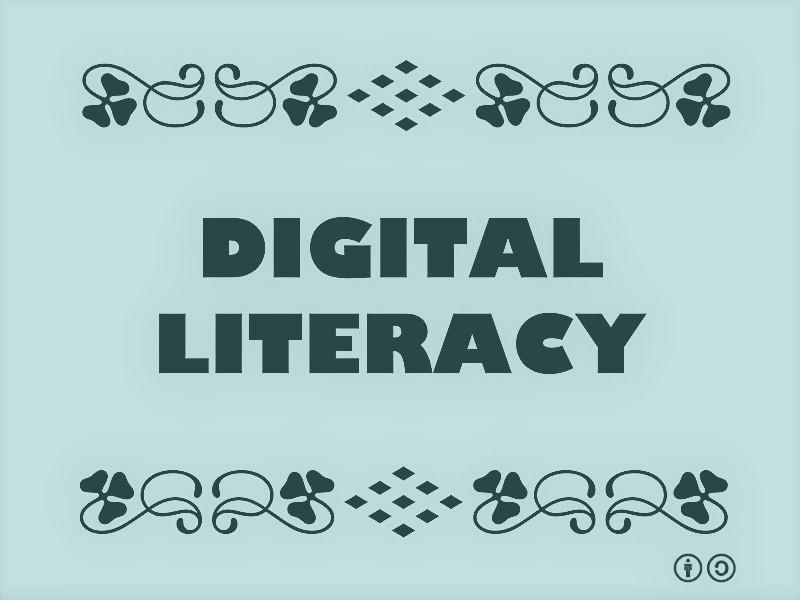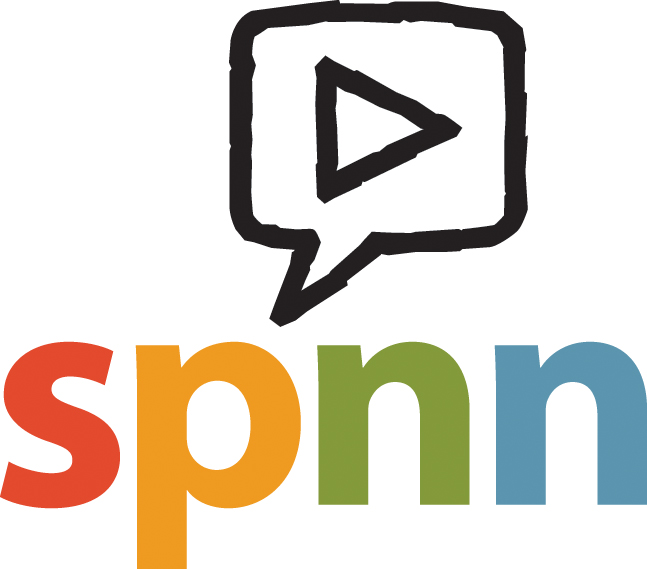The Digital Bridemakers

The tumultuous environment caused by a global pandemic forced our group to innovate and improvise. Originally our project was focused on creating a video that would guide people through the job search process in the Twin Cities Metro area. Due to hiring freezes and the challenge of safely filming and editing a video, we decided to shift gears and focus instead on creating an online community supporting the learning of various digital literacy skills.
After much deliberation about the strengths and weaknesses of various social media platforms, we decided to use Facebook as our group’s foundation. We believed it to be the most accessible, already frequently used by students at our sites, and most flexible format for the kind of learning structure we hoped to build. We decided to use Northstar modules as the basis for formulating each week’s theme, along with a few “creative weeks” designed to teach various interactive and artistic technology dispersed throughout the timeline.
All five of us had unique strengths to contribute to content creation each week that has made this project more well-rounded, engaging, and accessible for our students. Some of us worked to ensure that all posts were readable for English-learners and usable to those with lower technology levels, some of us focused on tackling Northstar concepts by brainstorming different activity ideas, while others of us helped keep our group on schedule with reminders, Google Calendar, and Facebook planning.
When the group initially started, each of our group members had some students and contacts in mind to invite. The bulk of our group members joined from Hired’s Career Connections and Metro South ABE, two CTEP sites. We also had some family members, other CTEP members, and a few interested community members join. The resource was free, interactive, and promised to teach a variety of skills. Initial interest was high, but overall group engagement was low. There are many reasons we believe this could be. First, many students have jobs, children and families to care for, and other responsibilities that make learning digital literacy skills not a top priority. COVID-19 also poses unique challenges to engagement, because there is no in-person support available to help students who do not understand how to navigate the Facebook page and may feel uncomfortable or unsure of how to contact us to ask questions for whatever reason. Another reason is that it is the summer months, a time when students are traditionally enjoying time off, so they may not see structured learning activities as something they want to be doing instead of spending time outside. The Facebook page also had no implications on grades or school hours, so there was no incentive for interacting other than personal interest in acquiring digital literacy skills, which for any of the reasons listed above, may not have been a top priority.
Although engagement was low, many conversations have been had surrounding the group and its purpose. We believe that we have each been able to acquire new technology skills, ways of engaging groups of students via technology, and helping others gain access to programs that can make their web surfing more catered to their knowledge. Overall, there are definitely ways this project could be improved to better impact the community, but has great potential for engagement in the future.
Group Members: Antonio Jaurez, Dani Saunders, Olivia Sauer, Megan Schildt, Sammie Sibley
Each year our 35 CTEP AmeriCorps members choose community action projects that make a contribution to bridging the digital divide. The CTEP civic engagement projects are often cited by CTEP AmeriCorps members, staff, supervisors, and community supporters as one of the most unique and energizing parts of the program. This is one of the 2020 civic engagement projects.
